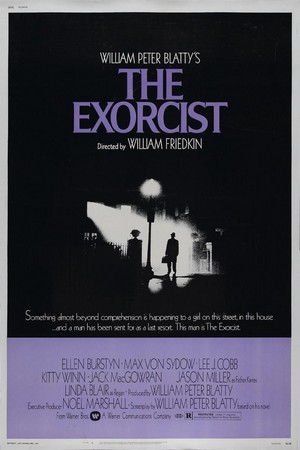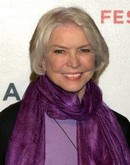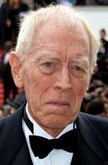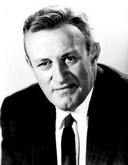
The Exorcist (1973)
De Duivel-uitbanner / William Peter Blatty's The Exorcist / The Exorcist: The Version You Haven't Seen Yet

Raiting: ![]() 8,1 /10
8,1 /10
Genre: Horror
Director: William Friedkin
Stars: Ellen Burstyn, Max von Sydow and Lee J. Cobb
Country: United States
Release date: 26 December 1973
Length: 122 minutes / 132 minutes (director's cut)




